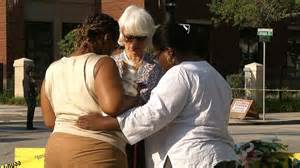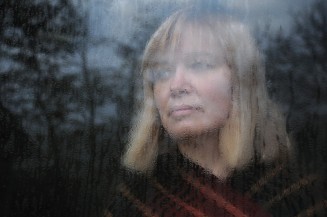T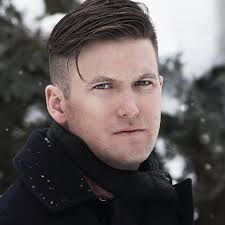 here’s a part of me that wants to have sympathy for white people who claim to want to celebrate their European heritage. Now that they are a diminishing demographic, and will soon be one among many groups in the U.S., and not the hegemony they have been in the past, why shouldn’t they, too, celebrate their culture and identity, as do blacks and other people of color?
here’s a part of me that wants to have sympathy for white people who claim to want to celebrate their European heritage. Now that they are a diminishing demographic, and will soon be one among many groups in the U.S., and not the hegemony they have been in the past, why shouldn’t they, too, celebrate their culture and identity, as do blacks and other people of color?
Being a persecuted and targeted minority group for the centuries that black people have been on these shores, has given rise to groups that are defensive in nature, like the NAACP and Urban League; to HBCUs (Historically Black Colleges and Universities), that sprung up in response to white institutions of higher education being hostile or legally segregated, and mentorship groups such as National Association of Black Journalist, to which I have belonged.
So, until recently, I was feeling that constant talk about “white privilege,” etc., was overdone. What harm was there in whites celebrating their European identity, and why shouldn’t whites have such things as white studies, without being accused of being racist? Must we continue to view whites as the privileged majority even as their demographic share is shrinking?
Then came the election of Donald J. Trump.
According the New York Times, Peter Brimelow, the founder of Vdare.com, an anti-immigration website, asked the audience at the recent Alt-Right gathering in Washington, why, if Hispanics had the National Council of La Raza and Jews had the Anti-Defamation League, whites were reluctant to organize for their rights.
Why not, indeed.
Unfortunately, it seems that the whites, such as those affiliated with Richard B. Spencer’s National Policy Institute, do not feel it is enough to have an affinity group. The white “identitarians” must also despise, denigrate and discriminate against others in order to affirm their existence, it seems.
For example, Richard B. Spencer, a leader of the so-called “Alt Right” whom I have only just become familiar with, says he wants a white ethno-state. That state, he affirms, should be the United States. He has claimed that this country was built by and for Europeans. “.. America was, until this last generation, a white country designed for ourselves and our posterity,” Spencer told his audience at its recent conference, according to The New York Times. “It is our creation, it is our inheritance, and it belongs to us.”
“To be white is to be a creator, an explorer, a conqueror,” he affirmed.
He and others like him, completely dismiss the fact that this land was not uninhabited when the “undocumented” Europeans arrived. Shortly thereafter, as early as the 1600s, bondspeople were brought to these shores from Africa and Europe to Jamestown, Virginia; and there quickly emerged a system of slave-holding of African peoples.
The first Africans were brought from places like the central African nation of Cameroon, and my family, and many other black families, can trace our origins to those very early unwilling immigrants.
The Southern economy was built on the backs of generations of enslaved Africans. Spencer likes to dismiss the importance of this, telling Roland Martin’s Newsone that whites easily could have invented another method for cotton picking, so that black labor was incidental.
But we know that’s not what happened. Had slave labor not been essential to the economy of the U.S., the practice would have withered died under its own obsolescence.
It did not.
Due to the practice of white overseers and “masters” taking concubines from among the enslaved women, African Americans are, on average, 17 percent European, with some blacks being upwards of 50 percent European (think Corey Booker and Vanessa Williams).
Add to this the smaller percentage of African Americans who have Native blood running through their veins. Some of this admixture may have occurred early in the nation’s history, when there was an attempt to enslave Native Americans, as well as Africans.
So, for Richard B. Spencer, and others on the so-called “Alt-right” to make believe that the United States has always been a European country, is historically inaccurate, and in short, specious.
The culture, including the cuisine, the vernacular, the music, the sports, the scientific inventions, and scholarship, has arisen from an amalgam of people who call themselves Americans. One could hardly imagine an America without Southern cooking (soul food), jazz music, basketball, football, and fast as lightening track stars and other athletes.
But Africans didn’t only contribute to the “soft” culture of the U.S. Recently a movie was made about the black women, including one dubbed “the human computer,” that checked the computer calculations that enabled this country to soar to the moon.
The black scientist Dr. Charles Drew invented a method for extracting plasma from blood that paved the way for safe blood transfusions.
No need to list all of the ways Africans, Latinos and Native Americans have contributed to this country by means of the arts, culture, cuisine, popular vernacular and scholarship.
Truth be told, America wouldn’t be America with its Chinatowns, Preservation Hall bands, Cajun cooking, Harlem, Hip Hop and Rap, Facebook and other technologies, were it to only consist of non-Jewish whites.
Had American been a totally European nation, it wouldn’t have its swag. It wouldn’t be the country that immigrants and refugees dream of coming to.
So, I am afraid that it would be too dangerous for white identity movements to take hold without a firm resistance. Spencer has said that if African Americans and others he deems undesirable do not leave the country voluntarily, they will be removed by bloody force. That is his “dream,” he says.
Unfortunately, there is a strain in European culture and tradition that feels it must be supreme; must dominate, must vanquish.
That, Richard B. Spencer, cannot happen.
This article was originally published in my Huffington Post blog:http://www.huffingtonpost.com/entry/no-richard-spencer-america-is-not-yours_us_583c9c2be4b04e28cf5b8a5a?
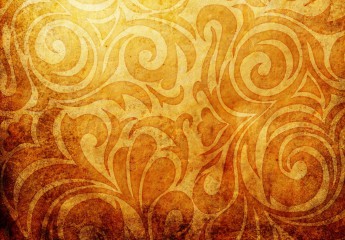
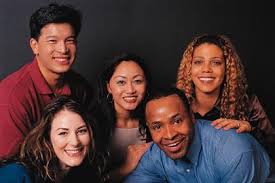 It’s hard to believe, but it has already been four years (July 2012) when babies born of parents of color in the U.S. overtook births of white babies. What this means, according to demographers, is that by the year 2040, or thereabouts, there will be no majority race in the U.S. Blacks now make up about 13 percent of the population, while those hailing from the Spanish-speaking former New World colonies make up approximately 17 percent, and growing. Asians, both south and east, Middle-easterners and the cohort of mixed or “other” are also on the rise.
It’s hard to believe, but it has already been four years (July 2012) when babies born of parents of color in the U.S. overtook births of white babies. What this means, according to demographers, is that by the year 2040, or thereabouts, there will be no majority race in the U.S. Blacks now make up about 13 percent of the population, while those hailing from the Spanish-speaking former New World colonies make up approximately 17 percent, and growing. Asians, both south and east, Middle-easterners and the cohort of mixed or “other” are also on the rise.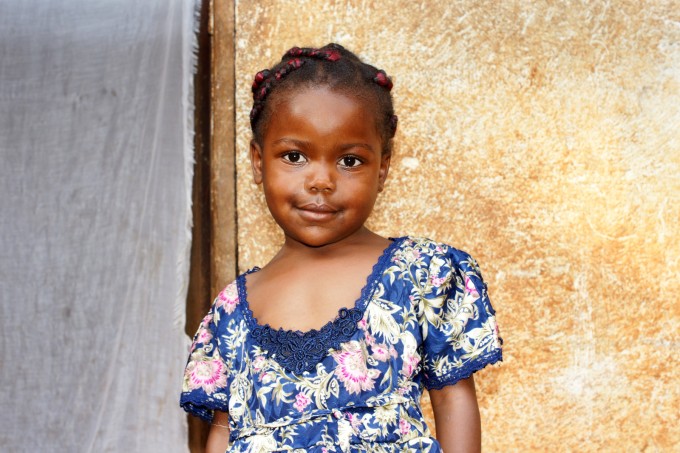 (Cameroonian girl, stock photo)
(Cameroonian girl, stock photo)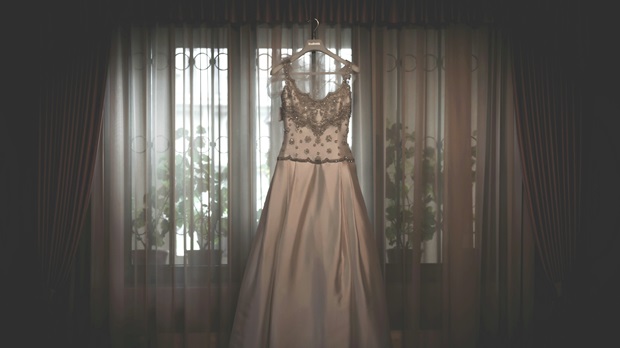
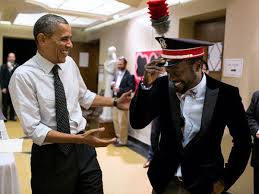 Poor President Obama, he just can’t catch a break. Looking strained and weary, he had to interrupt his Martha’s Vineyard vacation and return to Washington because the world seemed aflame with problems both at home and abroad.
Poor President Obama, he just can’t catch a break. Looking strained and weary, he had to interrupt his Martha’s Vineyard vacation and return to Washington because the world seemed aflame with problems both at home and abroad.
